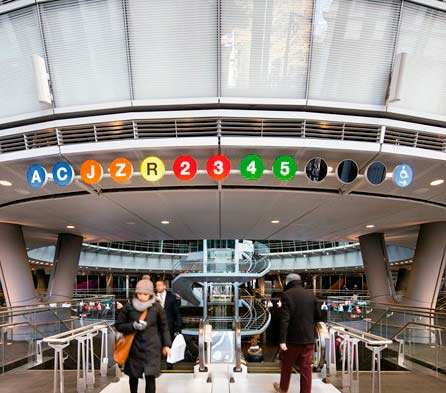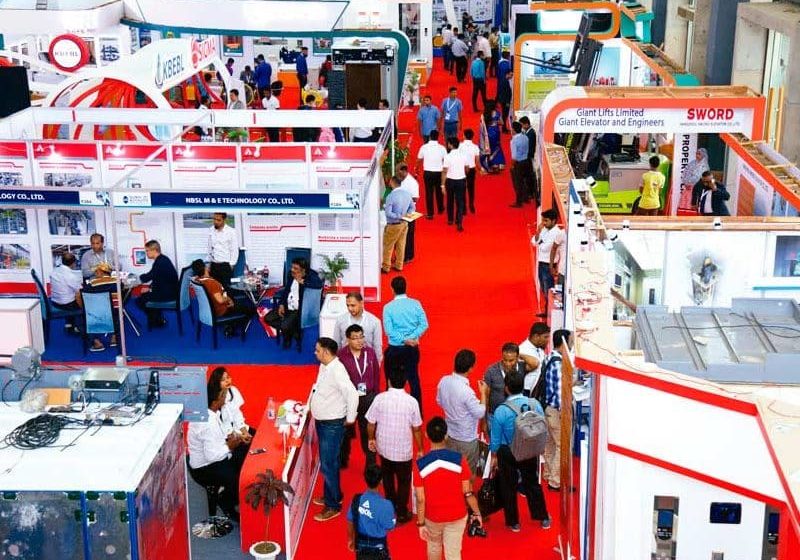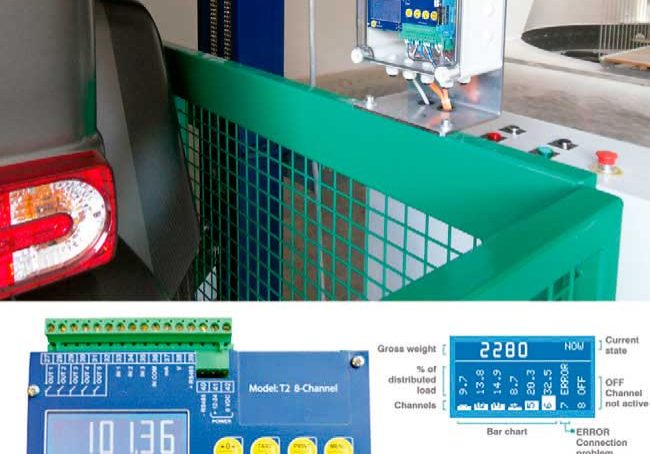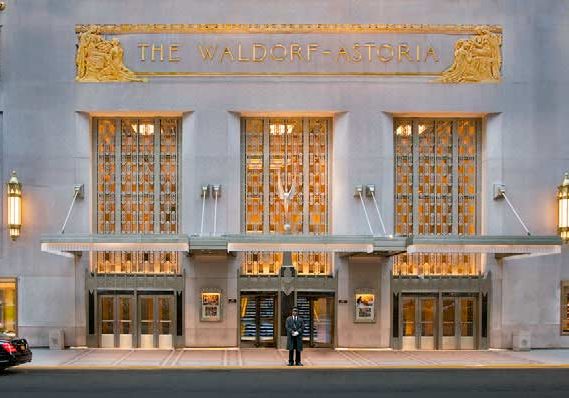VT units for big projects in Mumbai, Chennai and New Delhi
Mar 1, 2019

Johnson Lifts/SJEC Supplying 205 Escalators to MMRC Stations
Mumbai Metro Rail Corp. (MMRC) has awarded a contract to Johnson Lifts Pvt. Ltd. India and M/s SJEC Corp. China Consortium to design, manufacture, supply, install, test and commission 205 escalators at 14 stations on Metro Line 3 (MML- 3), Railway Technology reported. The project also includes installation of technologies such as variable-voltage/variable- frequency regenerative drives and radio-frequency-identification systems for web-based monitoring and maintenance. MMRC reports it had commissioned the last of the 10 tunnel-boring machines for MML-3, which will link the Cuffe Parade business district in south Mumbai to Seepz in the north-central portion of the metropolitan area and involve 26 underground stations. Japan International Cooperation Agency is providing a loan for more than half of the US$1.8-billion cost.
50 New VT Units for MRTS Stations Throughout Chennai
The Chennai division of India’s Southern Railway approved 50 new vertical-transportation (VT) units — 37 escalators and 13 elevators — for Mass Rapid Transit System (MRTS) stations throughout the metropolitan area, News Today reported in December 2018. At the time, three escalators had gone into service at the Chintadripet station and one escalator at the Chekpauk station. In addition, the division stated 33 elevators had been provided at 15 MRTS stations from Chennai Beach to Velacheri, which have a daily footfall of more than 200,000 passengers.
New Delhi: Subway for Airport Access, Railway Station Revamp
A new subway, complete with moving walks, will ease access to domestic terminals at the Indira Gandhi International Airport in New Delhi, The Times of India reported. Currently, passengers with their luggage who use the Delhi Metro Rail Corp.’s (DMRC) Magenta Line to access the airport have to trek on foot from the station to the terminal, a walk that includes crossing a busy road. The addition of a 370-m-long subway with moving walks, elevators and escalators — set to open in May — will eliminate the long walk.
The new subway will be the first in the city to have moving walks.
“Commuters traveling to and from the terminal will be able to directly enter and exit the metro station using the subway,” said Anju Dayal, DMRC executive director of corporate communications. “With the help of elevators and escalators, they will have seamless access to the airport.”
Construction of the subway has been a challenge, as workers encountered hard rock during excavation. Once open, the subway will connect the arrival and departure areas of the domestic terminal with Gate No. 3 of the metro station. “There will be two entry/exit points — one each at arrival and departure of the airport terminal,” said Dayal. “Each entry/exit point will have two escalators and two elevators, along with a staircase.” He added that the elevators will be larger than usual, with a capacity of 26 people.
Fifteen kilometers away, an extreme revamp of Indian Railways’ (IR) New Delhi Railway Station in New Delhi, India, designed by Arup, includes new VT equipment such as escalators and elevators, ET Now Digital reported. It is part of an overall effort by IR to add more than 2,500 escalators and 1,000 elevators at stations throughout the country. In addition to the new VT equipment, the New Delhi station has been outfitted with attractive wall paintings, LED lighting, LCD informational display panels, foot overbridges and enhanced passenger amenities such as better vending options. IR has said the renovation makes the rail station more like a world-class airport.
Making CAT North American
In late 2018, Elevator World, Inc. met with the National Association of Elevator Contractors (NAEC) Education Committee and three Canadian Elevator Contractors Association (CECA) representatives from Canada to discuss the Certified Accessibility and Private-Residence Lift Technician (CAT®) program. Developed by Elevator World and NAEC, the two-year training program has been used sporadically in the U.S. but has potential for greater use in Canada due to the country’s acceptance of a two-year apprenticeship.
The four-year Certified Elevator Technician (CET®) program has long been used in Canada, and, because all of the equipment in that program falls under ASME A17.1/CSA B44 (code harmonized for North America), there was no need to adjust it for Canada. However, accessibility equipment, most of which falls under ASME A18 in the U.S. and CSA B355 and B613 in Canada, required numerous additions to the CAT materials for it to be usable there.
The full NAEC Education Committee met in Salisbury, Maryland, at Delaware Elevator’s headquarters. Joined by Don Sanchez and Rob Murphy (Garaventa Lift) and Bill Richardson (Savaria), they revised CAT Course I — Introduction to the Vertical Transportation Industry over a full day. Amanda Smith from NAEC compiled the changes and forwarded them to Elevator World. The objective was to have the first course ready to be used in Canada in January and to follow with a new course every two to three months. As of this writing, the schedule is on track. By the end of the year, technicians on both sides of the border will learn how accessibility codes compare in Canada and the U.S.
Get more of Elevator World. Sign up for our free e-newsletter.









